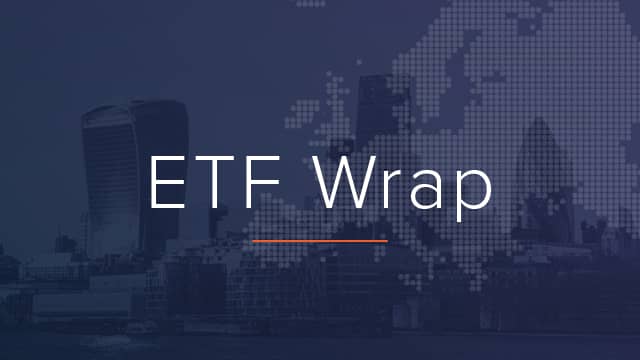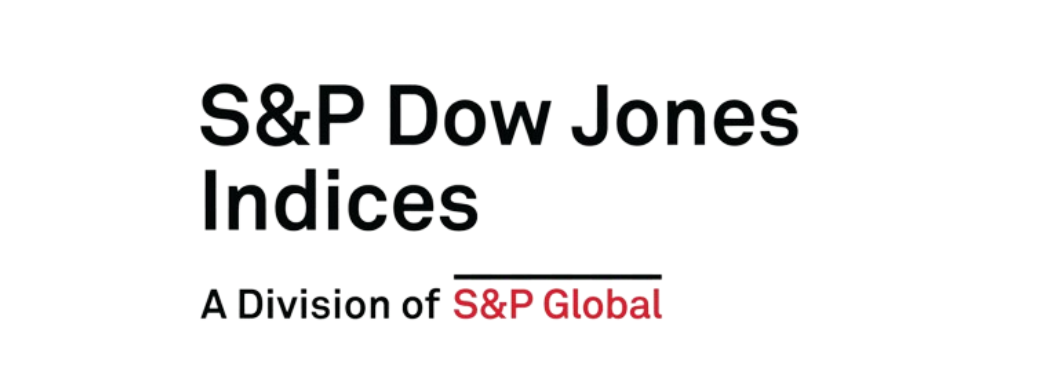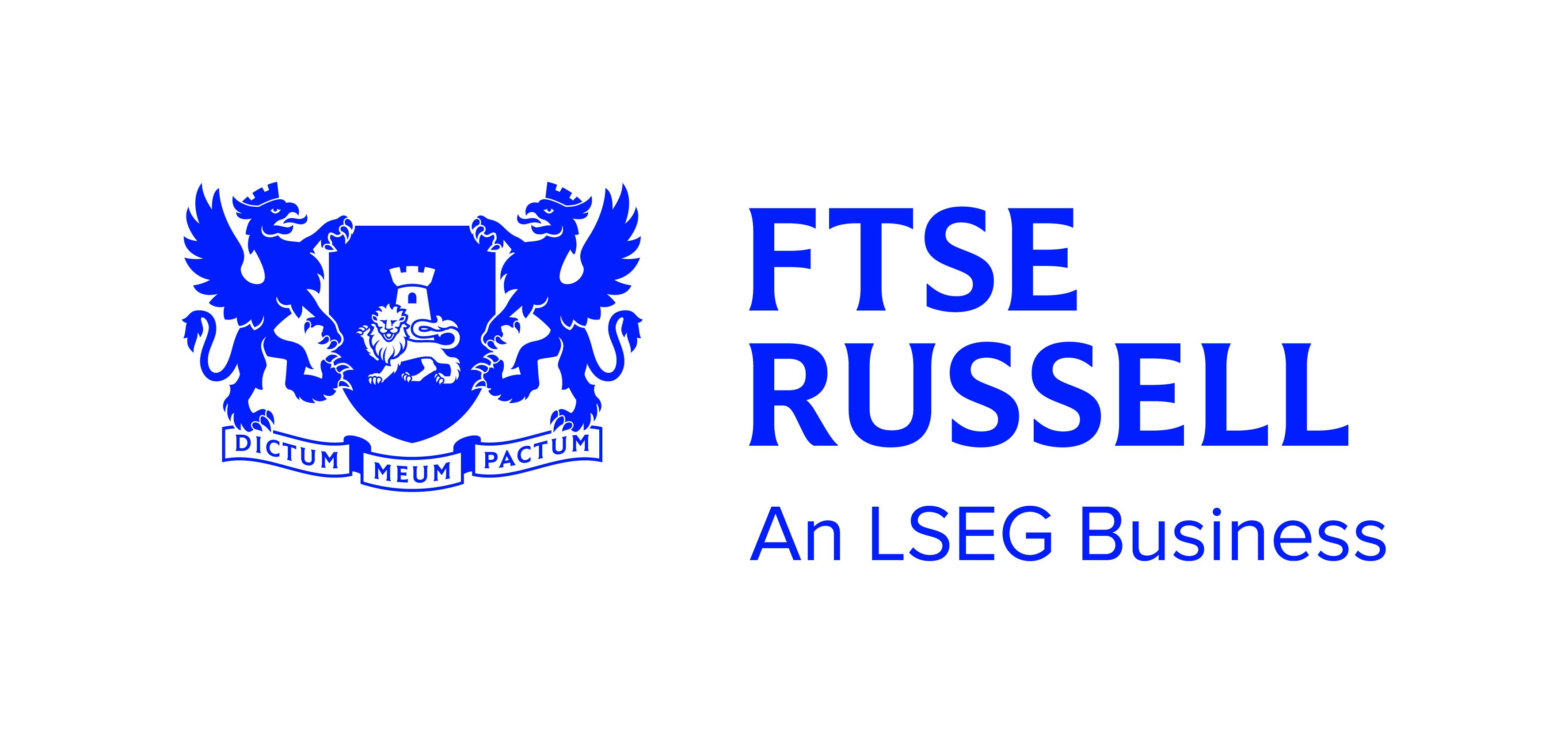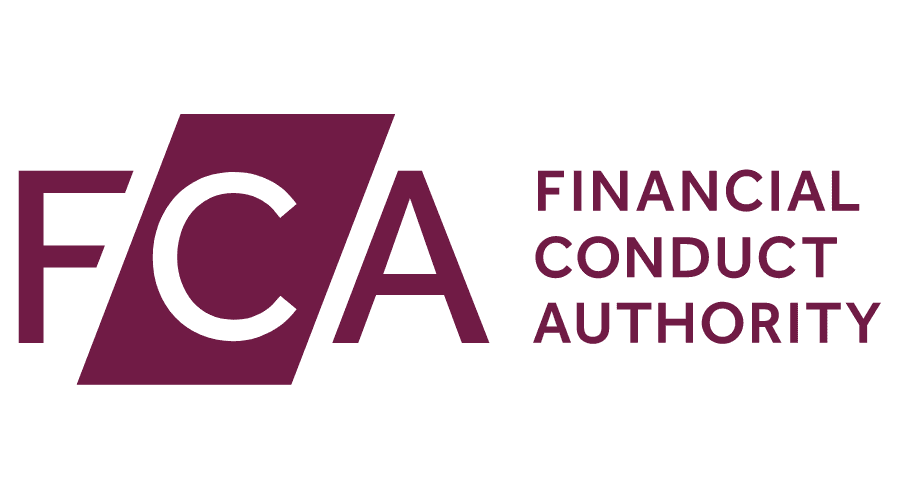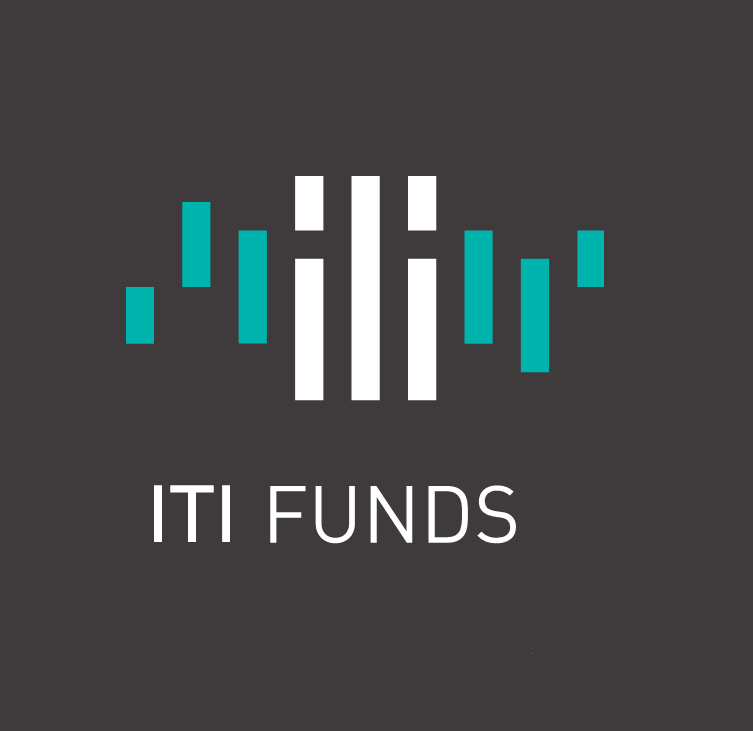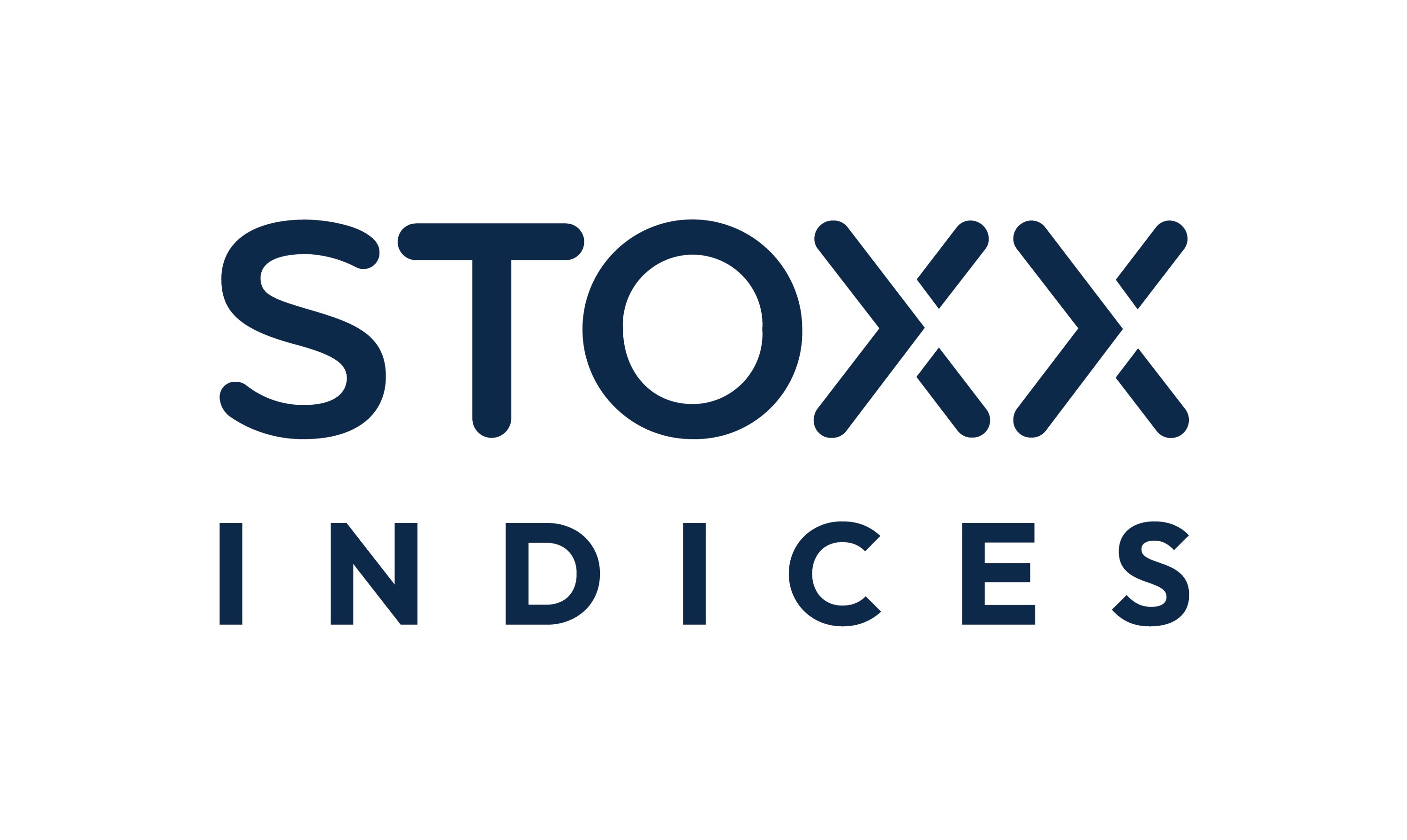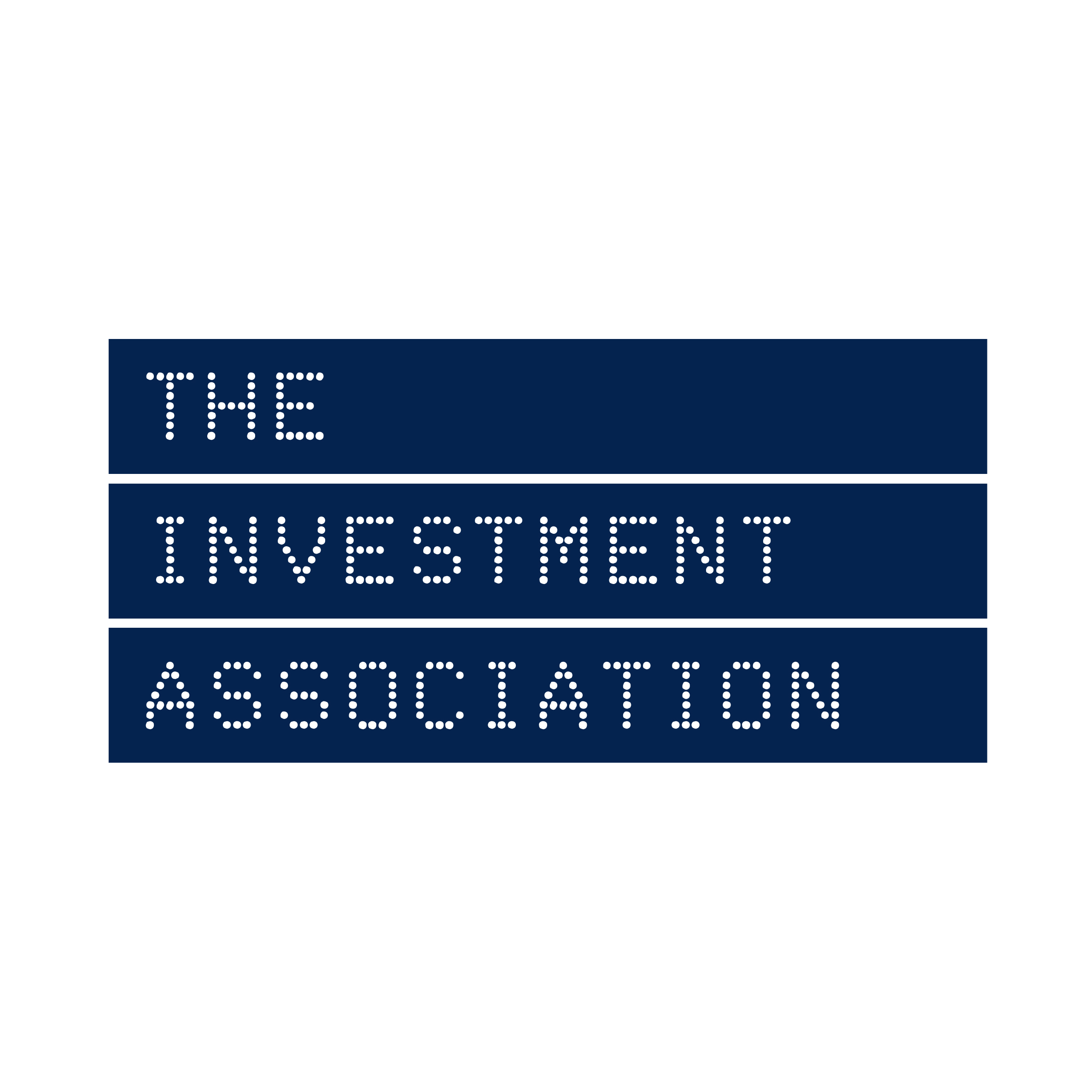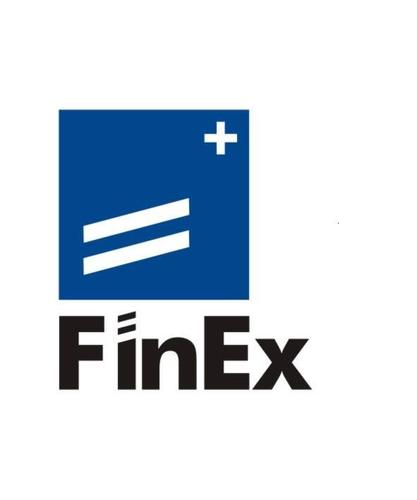A dramatic week in geopolitics was mirrored in the world of investment as index providers and asset managers rushed to remove or suspend Russia exposures from their products.
As western sanctions on the Russian economy forced the Moscow Stock Exchange to close, ETFs became tools for price discovery – with extreme premiums and discounts to net asset values (NAVs) occurring.
By Friday, ETF issuers including HSBC Asset Management, BlackRock, Invesco, DWS, Amundi, ITI Funds and FinEx suspended primary market trading on their Russian-focused ETFs.
BlackRock announced Russian securities currently account for only one basis point-worth of its clients’ assets, which is subject to reduce next week once it implements recent changes made to its products' underlying indices.
Through the week, index providers began outright deleting Russia weightings from their benchmarks, effectively shutting off passive assets from running into Russian securities.
On Wednesday, JP Morgan said it was reviewing the effect of sanctions and Russia exposures within its ESG emerging markets (EM) bond indices, which are currently tracked by more than $38bn assets.
The same day, Qontigo suspended all denominations of the STOXX Russia Total Market index and its STOXX Russia universe of 61 stocks. It also plans to remove Russia weighting its DAX gold miners, agribusiness and BRIC indices, while deleting its DAX Russia and Russia+ benchmarks outright.
MVIS also said it would suspend its Russia and Russia small-cap equity indices while ICE Data Indices excluded bonds from sanctioned issuers from 28 February and Weiner Boerse plans to suspend all Russia receipts from its CEE and CIS benchmarks.
Interestingly, the behemothic providers have followed suit. MSCI said Russia securities are “uninvestable” and will therefore be pulled from its emerging market indices. FTSE Russell said it will delete Russia from its entire index range.
S&P Dow Jones Indices and Morningstar have both launched consultations with a view to taking the same measures.
ETF issuers will think twice about entering the UK
For ETF issuers that did not manage to get their fund platforms or ‘umbrellas’ into the Temporary Permissions Regime (TPR) before the cut-off date on 31 December 2020, marketing products to the UK market will become a lot more arduous once the Financial Conduct Authority’s (FCA) Brexit ‘transition period’ falls away this month.
Those that failed to do so will either have to withdraw from the market, deal exclusively with high net worth clients or apply for recognition via section 272 of the Financial Services and Market Act 2000. Raza Naeem of Linklaters described this process as “painful”, given high legal fees and wait times as long as six months.
This uncomfortable situation for newcomers should be resolved when the Overseas Funds Regime (OFR) comes into force, however, the Investment Association’s Peter Capper warned we may have to wait as long as 2024 for this to be introduced.
DWS takes a new approach to its green investment offering
DWS launched its first Paris-Aligned ETFs on Thursday which the issuer said were the first-of-their-kind to implement practical recommendations of the Institutional Investors Group on Climate Change (IIGCC).
The firm continues to be active with environmental, social and governance (ESG) product launches and index switches. This coincides with the European Central Bank (ECB) investigating concerns over DWS’s corporate governance and an ongoing external probe into claims it overstated its ESG credentials.
ETF Wrap is a new, weekly digest of the top stories on ETF Stream
Related articles
